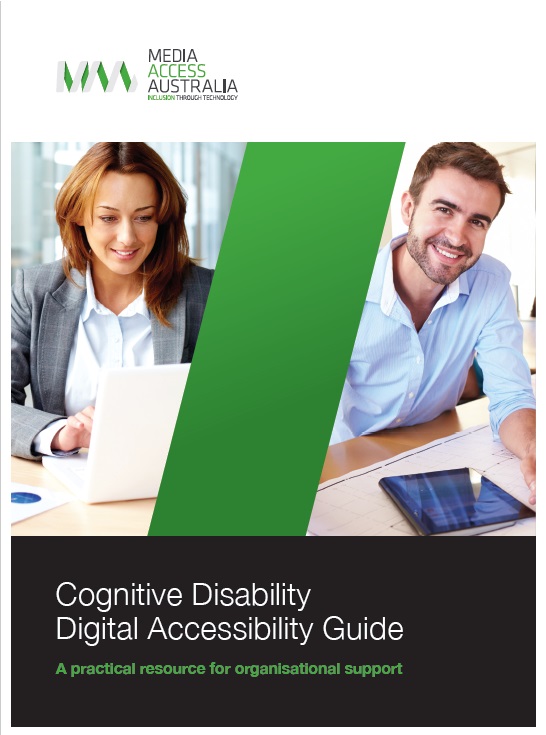Governments are toughening up on public sector web accessibility

After receiving the disability discrimination complaint, Alaskan authorities undertook a rigorous investigation and found out that ten other schools, educational groups, and institutions (including the Montana School for the Deaf and blind) also had accessibility issues on their websites.
Top of page



.jpg)



